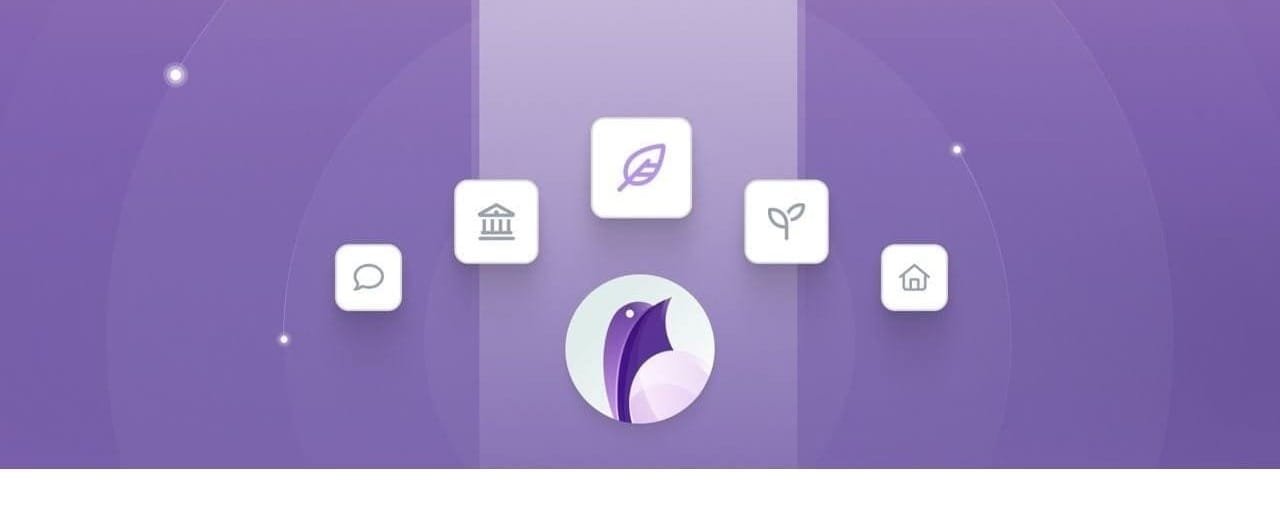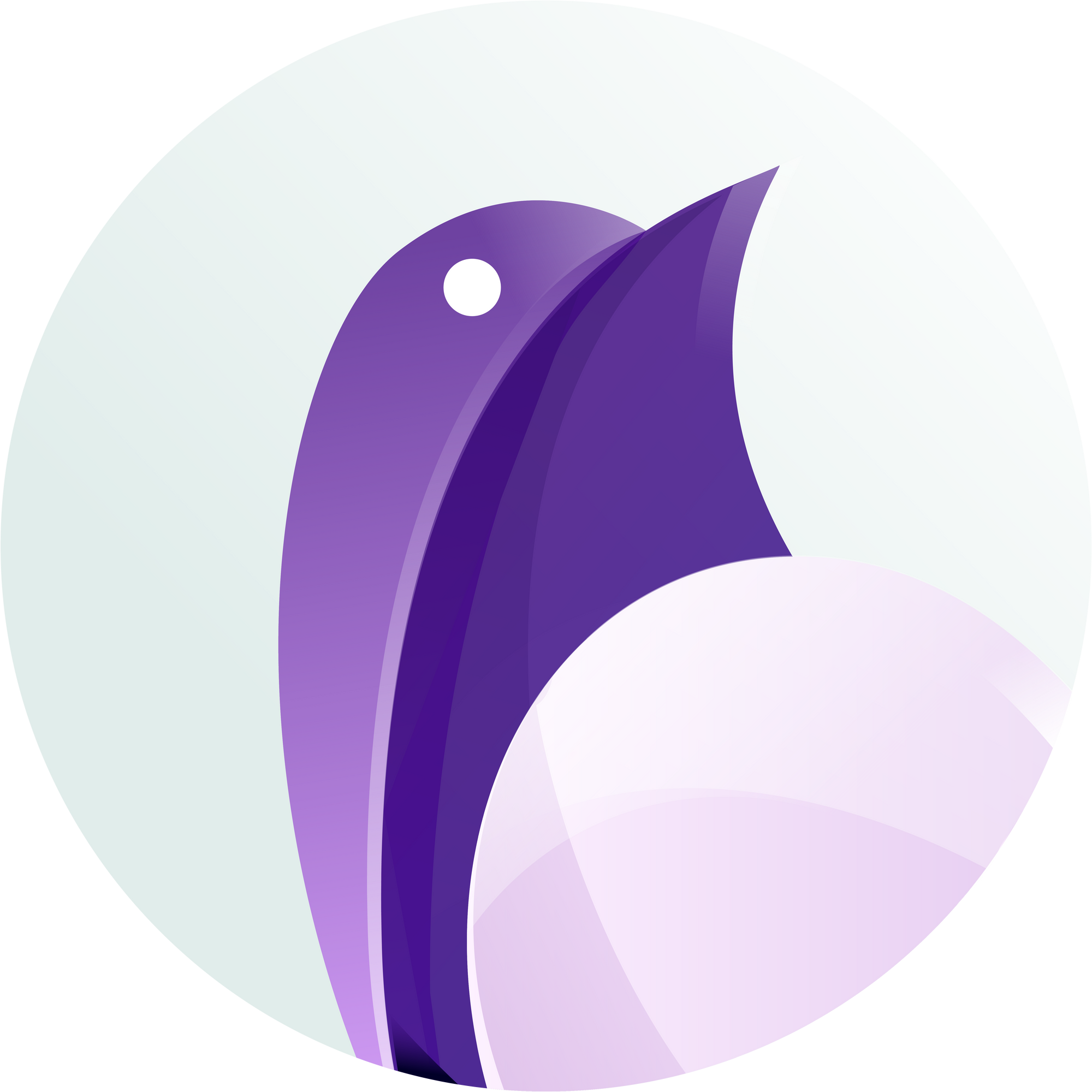Language Learning in 2024: How to cross the intermediate learning plateau
The intermediate plateau is that stage of language learning where you put in the same effort as before but see diminishing returns.

Breaking through the intermediate plateau in language learning is a challenge many learners face. Often, progress slows down or becomes less noticeable, leading to frustration and sometimes causing learners to give up. But in 2024, there are innovative strategies and principles that can help you overcome this plateau and reach fluency in your target language.
Here's your advanced guide:
What is the Intermediate Learning Plateau?
The intermediate plateau is that stage of language learning where you put in the same effort as before but see diminishing returns. It arises due to the law of diminishing returns, which indicates that the more you know, the less each additional hour of study seems to contribute to your fluency.
In addition, it is a phenomenon that learners across various disciplines experience, which can be characterized by a perceived slowdown or stall in progress after an initial period of rapid improvement. This can be both frustrating and puzzling for learners who have become accustomed to a steady upward trajectory.
What Causes The Intermediate Learning Plateau?
There are several factors that contribute to this plateau:
Cognitive and Psychological Factors:
- Limit of Cognitive Resources: As tasks become more complex, they require more cognitive resources. Initially, improvements come from mastering basic skills that don't stretch these limits, but beyond a certain level, tasks demand higher-order thinking, which takes more effort and time to develop.
- Motivational Changes: Beginners often experience quick progress that serves as positive reinforcement. During the plateau, progress is less noticeable, which can lead to decreased motivation, as the rewards are not as immediate or obvious.
- Perfection of Fundamentals: At the intermediate level, a learner has typically mastered the basics. Further growth requires refining these skills to a higher degree of precision, which is a slower and often subtler process.
- Psychological Inertia: Learners may become comfortable with the level they have reached and may not feel the urgency or necessity to strive for the next level.
Biological Factors:
- Myelination: Skill learning involves the strengthening of neural pathways through a process called myelination. As proficiency develops, additional myelination makes smaller differences, so the visible improvements are not as pronounced.
Behavioral Patterns and Learning Strategies:
- Efficacy of Learning Strategies: Strategies that were effective for initial learning may not be as effective for more advanced learning. Advanced learning often requires more specialized strategies tailored to the nuances of the skill.
- Consolidation and Integration: After acquiring new skills, there is often a need for a period where these skills are consolidated and integrated into existing knowledge, which can appear as a plateau.
Educational and Instructional Factors:
- Teaching Methods: The plateau may reflect the limitations of the instructional methods being used. In the intermediate stage, learners might need more personalized feedback and instruction.
Metacognition and Self-Regulation:
- Awareness of Learning Process: As learners advance, they need to become more aware of their own learning processes (metacognition in learning) and be able to regulate their strategies and efforts according to the demands of the tasks at hand.
- Unlearning and Relearning: Sometimes, intermediate learners must unlearn habits that no longer serve them and replace them with more advanced concepts and techniques. This process can be time-consuming and contribute to the feeling of being stuck on a plateau.
Nature of Expertise and Skill:
- Complexity of Expert Performance: As one moves closer to expert levels of performance, the tasks involved become inherently more complex and multi-faceted.
- Decrease in Observable Improvements: When first learning a skill, improvements are often large and noticeable. As one becomes more skilled, improvements are smaller and harder to measure.
Emotional and Social Factors:
- Fear of Failure: There can be an increasing pressure to perform at higher and higher levels, which might lead to a fear of failure and therefore a reluctance to take the risks necessary for further improvement.
- Comparison with Others: As learners become more advanced, they start comparing themselves with highly skilled peers or experts, which can be demotivating if not approached with the right mindset.
Reaching an intermediate level in language learning is a significant milestone, yet it often brings its own set of challenges. Navigating this stage effectively requires not just persistence but also smart strategies.
For learners looking to push through this plateau, reflecting on The common mistake and how to avoid them is a helpful exercise. Many language learners have walked this path before, encountering and overcoming typical setbacks. Delving into such reflections can equip you with a deeper understanding of how to move forward when facing the intermediate plateau.
Developing an Unbreakable Language Learning Mindset
One of the keys to overcoming intermediate language learning barriers is cultivating a strong psychological foundation. Here’s how:
- Acknowledge the Motivation Dip: Be prepared for the motivation dip that accompanies the intermediate plateau, which aligns with the law of diminishing returns. This awareness helps you navigate the frustration that may come.
- Emotional Connection with Your Target Language: Create or strengthen an existing emotional connection to your target language. This emotional connection keeps the motivation alive when the going gets tough. Visualize yourself using the language in scenarios that excite you, bringing your learning objectives to life.
- Look at it in a new light: With the right perspective, the Intermediate Language Learning Plateau can be the most fun part of your language journey. You're in a position where you can both understand non-educational content, and still learn from it. Any piece of native content can be both exciting and educational, how cool is that!
Understanding that plateaus are a natural part of the learning process can help learners maintain their motivation and persist through this challenging phase of their growth.
Proven Strategies for Language Learning Progress
To cross the plateau, consider these evidence-backed strategies:
- Consume Compelling, Comprehensible, and Rich Content: Engage with language content that is interesting, understandable, and contains unfamiliar language elements to learn from. Resources like Google Lens can help translate and make rich content more accessible.
- Engage in Purposeful Practice: Mix purposeful practice with simple practice. Deliberate, focused practice on language activities helps push through the plateau. At the same time, enjoy the language for the sake of enjoying it (which is known as the simple practice).
- Stay Within the Goldilocks Zone: Your language activities should be neither too easy nor too hard. They should challenge you just enough to keep you motivated and engaged.
Organizing Your Language Learning
Effective organization is central to language learning success:
- Design Your Environment: Set up a dedicated learning space free of distractions where you can regularly engage with your language learning materials.
- Ease of Starting: Lower the barriers to start your language sessions. Develop routines or habits that lead naturally to your language learning activities.
- Tracking Your Learning: Keeping a record of your activities can boost motivation and help maintain a clear progression path.
How A Language Learning App Help Overcome the Learning Plateau?
Language learning can sometimes feel like climbing a mountain. Progress is relatively smooth until you unexpectedly find yourself at a learning plateau, where it seems impossible to continue ascending. This plateau occurs when learners have acquired basic vocabulary and grammar but find it significantly challenging to move towards advanced fluency. Thankfully, language learning apps provide various tools and techniques that help learners break through these barriers. Let's explore some general strategies these apps offer:
Adaptive Learning Algorithms:
These smart systems analyze your learning patterns and tailor the content to challenge you just enough to make progress without causing frustration.
Diverse Learning Materials:
A mix of reading, writing, listening, and speaking activities keeps the language context varied and engaging, fostering stronger retention and preventing burnout.
Spaced Repetition:
This technique presents learners with vocabulary and grammar points at optimal intervals to help transfer knowledge from short-term to long-term memory.
Social Features:
Interaction with other learners and native speakers through the app can help simulate real-life conversations and offer valuable practice.
Cultural Insights:
Many apps provide cultural notes and real-life use cases that enrich vocabulary learning with context, making it more memorable and interesting.
Phrasing.app: A Great Tool in Mastery

Phrasing.app stands out as an exceptional resource for pushing past the language learning plateau. Its unique features allow learners to refine and master their language skills effectively:
- Personalized Feedback: The app doesn't just correct your mistakes; it provides detailed explanations, which is crucial for understanding complex grammar and idiomatic usage.
- Advanced Content: Offering materials for not only beginner and intermediate learners but also advanced lessons that focus on subtleties and nuances of the language.
- Interactive Challenges: Engaging in practical language exercises that challenge your ability to use the language in new and increasingly complex ways.
- Real-World Usage: It integrates content that learners will find useful in real-world situations, bridging the gap between theoretical knowledge and practical use.
By leveraging the advanced features and comprehensive approach of language learning apps like Phrasing.app, learners can maintain their momentum, push past the dreaded plateau, and advance towards language mastery.
Conclusion
Crossing the intermediate plateau requires a thoughtful, strategic approach that includes mental preparation, effective learning strategies, and good organization of your learning activities. By using these techniques, language learners in 2024 can achieve fluency and enrich their lives with new linguistic skills.
Remember that every language learner has gone or will go through this phase in the journey. It's a natural part of the process and with the right tools and outlook, can be enjoyed as much as (if not more!) than the beginner or advanced phases. Either way, most learners will be here for a while, so learning to make this part fun for you is the best key to success.
For more insights and personalized advice on language learning, check out language coach Luca Lampariello's resources, which include detailed courses and informative content to help guide you on your language learning journey.
